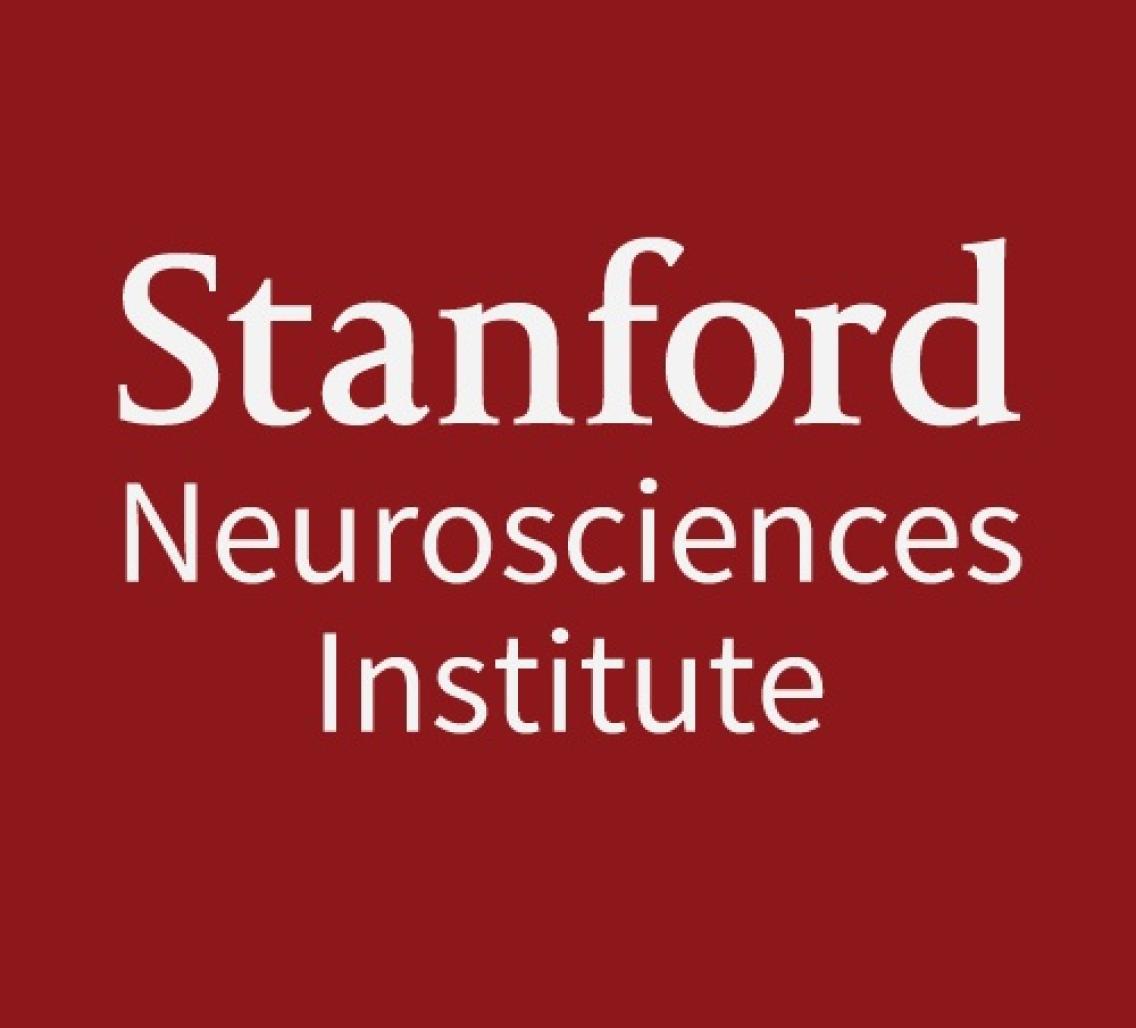Event Details:

Stanford Neurosciences Institute Seminar Series Presents
The FTD-ALS Complex: Genes, Circuits and Therapeutic Targets
Eric Huang, MD, PhD
Professor in the Deparments of Pathology and Laboratory Medicine, University of California, San Francisco
Host: Ben Barres
Abstract
Frontotemporal dementia (FTD) and amyotrophic lateral sclerosis (ALS) are two neurodegenerative diseases that share overlapping clinico-pathological features. However, the mechanisms contributing to the pathogenesis of FTD and ALS remain poorly characterized. This seminar will focus on the role of progranulin (PGRN [protein]; Grn [gene]) deficiency and its contributions to neurodegeneration in FTD – with an emphasis on the role of PGRN in the maintenance of microglial homeostasis in the aging brain. Furthermore, I will discuss our unpublished work that reveals the unexpected role of PGRN in regulating via intracellular trafficking of endo-lysosomal pathway in both microglia and neurons, and how PGRN deficiency disrupts the intricate glia-neuron interactions leading to TDP-43 proteinopathy. These results not only uncover a previously unrecognized role of progranulin in suppressing aberrant microglia activation during aging, they also represent broad, critical insights to how perturbations to the glia-neuron interactions promote neurodegeneration.